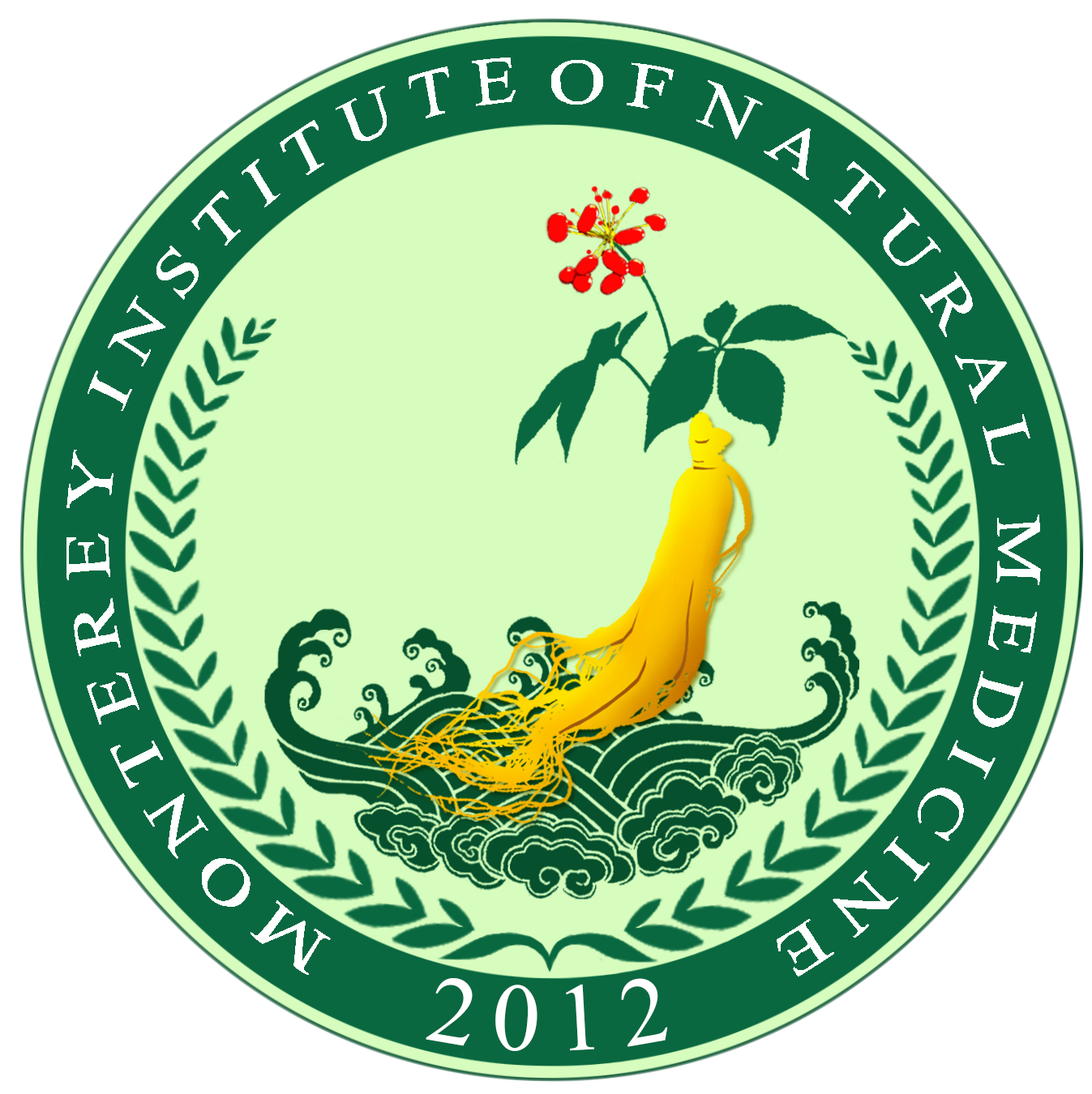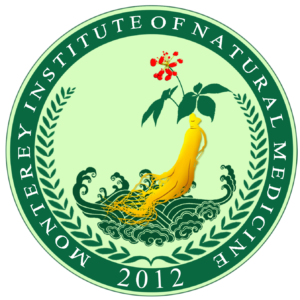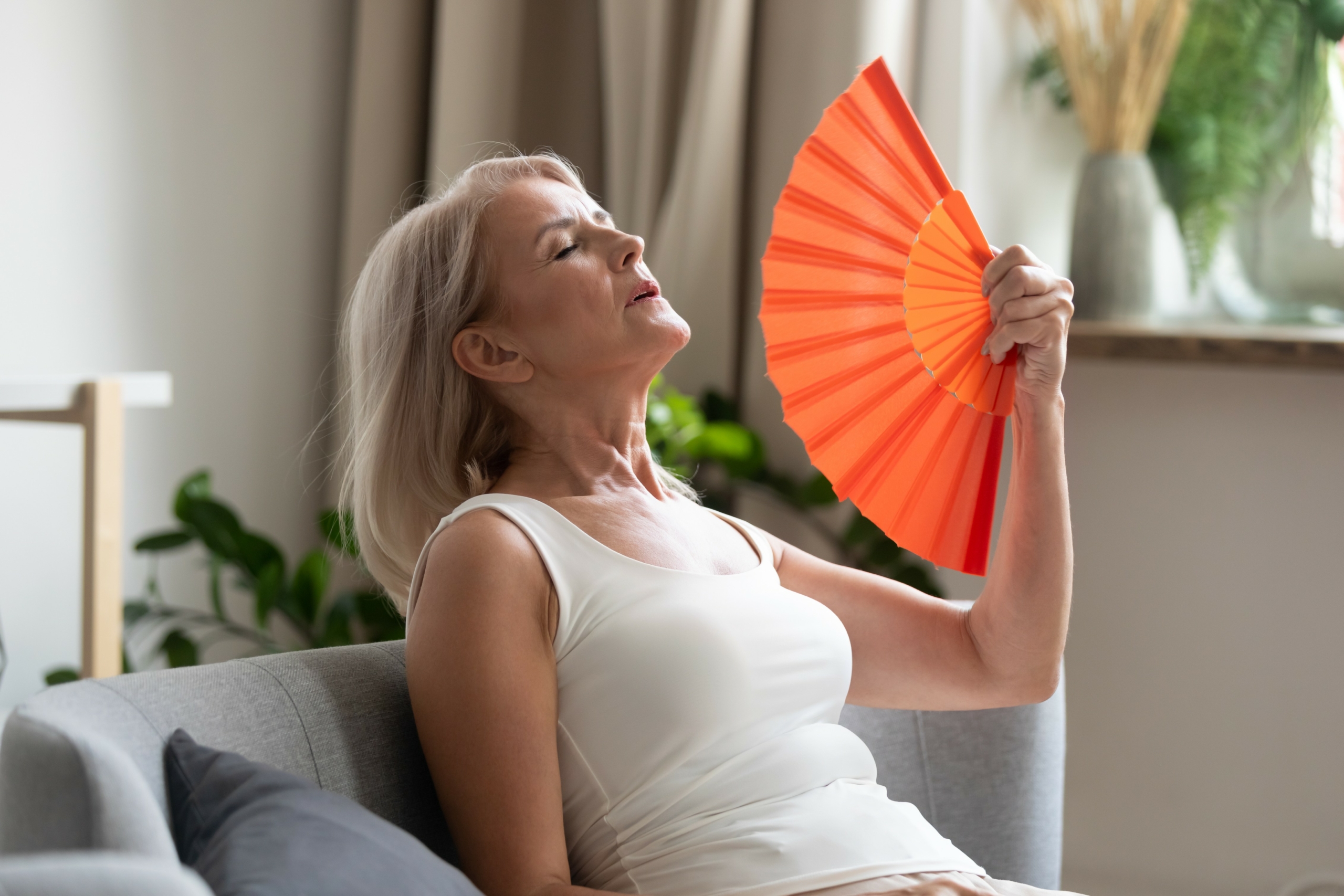Introduction
Menopause, a natural biological process that marks the end of a woman’s reproductive years, typically occurs between the ages of 45 and 55. This transitional period is characterized by a range of symptoms, including hot flashes, night sweats, mood swings, and sleep disturbances. While hormone replacement therapy (HRT) is a common treatment for menopausal symptoms, it may not be suitable for everyone due to potential risks and side effects. Acupuncture, a traditional Chinese medicine practice, has emerged as a natural and effective alternative for managing menopause symptoms.
Understanding Acupuncture
Acupuncture is an ancient healing technique that involves the insertion of fine, sterile needles into specific points on the body, called acupoints. The treatment is based on the belief that the human body has a network of energy channels, known as meridians, through which vital energy, or “Qi,” flows. Imbalances in Qi are thought to cause illness or discomfort, and acupuncture aims to restore balance and promote overall wellness.
Acupuncture and Menopause
Research has shown that acupuncture may be beneficial in alleviating a variety of menopause symptoms. Here’s how:
-
1. Reduction of hot flashes and night sweats
Hot flashes and night sweats are among the most common and disruptive symptoms of menopause. Acupuncture has been found to help regulate the body’s temperature by stimulating specific acupoints that influence the release of certain hormones and neurotransmitters. This, in turn, may help reduce the frequency and intensity of hot flashes and night sweats.
-
2. Mood stabilization
Menopause may lead to emotional fluctuations, such as irritability, anxiety, and depression. Acupuncture is believed to stimulate the production of endorphins, the body’s natural painkillers and mood stabilizers, which may help alleviate mood swings and promote a sense of calm and well-being.
-
3. Improved sleep quality
Sleep disturbances are another common complaint during menopause. Acupuncture has been shown to help regulate sleep patterns by targeting acupoints that influence the production and regulation of melatonin, a hormone that controls the sleep-wake cycle.
-
4. Relief from joint and muscle pain
Menopausal women may also experience joint and muscle pain due to hormonal fluctuations. Acupuncture may provide relief by targeting acupoints that release natural pain-relieving substances and reduce inflammation.
-
5. Hormone regulation
While acupuncture doesn’t directly influence hormone levels, it may help to balance the body’s endocrine system, which may lead to a more stable hormonal environment during menopause.
Conclusion
Acupuncture is a natural, non-invasive, and holistic treatment option for women experiencing menopause symptoms. With minimal side effects and a growing body of research supporting its efficacy, acupuncture has become an increasingly popular alternative or complementary therapy to conventional treatments like HRT. If you’re interested in exploring acupuncture for menopause symptom relief, consult with a licensed acupuncturist who can create a personalized treatment plan tailored to your needs.


